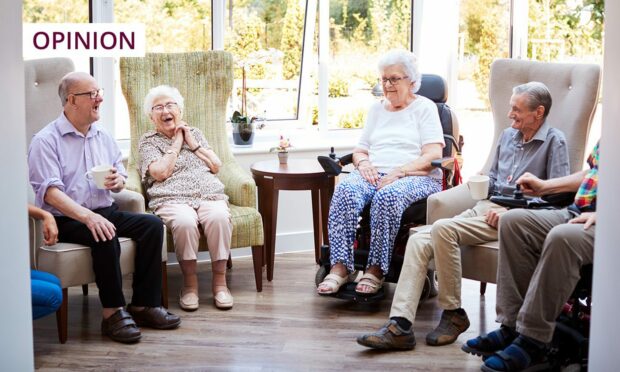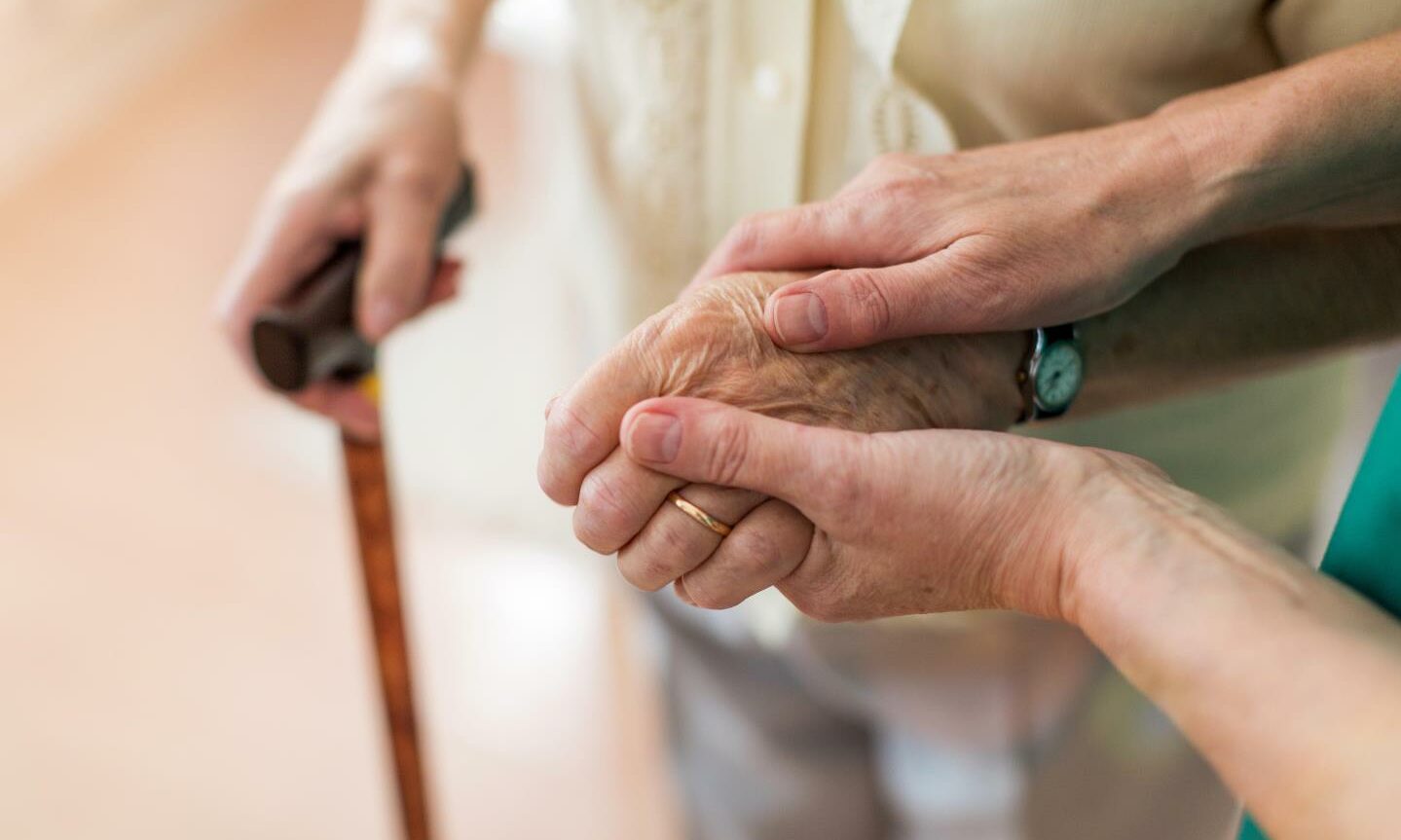My first “real” job in the late 1960s was as a junior welfare officer, working for the Aberdeen Corporation, as the council was then known. We operated from offices at 16 Golden Square, which was very central for us.
In those days, the councils ran these residential care homes for the elderly. There were over a dozen of them in the city, including Northfield, Thorngrove, Albyn, Ferryhill and Westbank, to name but a few.
Retired people paid their pension to the local council. Every Friday, I was given a sum of money from our accounts manager, placed in little brown bags with each care home resident’s name on it. That was their pocket money. One of my jobs was to visit the homes and, from my little case, pay pocket money, in cash, to each person individually.
The residents would sit round in a circle eagerly waiting my visit. I would call out their names and get them to sign for their money. There was much banter and happiness around those Fridays!
The logic behind keeping the residents’ pensions and paying them pocket money was that, as the state was providing board and lodgings for them, their only requirement was for general items.
I can’t imagine any of that being allowed in today’s world.
The residential homes were owned by the council. Since then, so much has changed.
During the Thatcher years, many of the homes were sold off, or passed over to private companies to run. By the 1990s, it was considered a lucrative business investment, and even successful footballers were buying into the care market. The concept of pensioners’ pocket money changed to charging residents for their accommodation and meals.
Unfortunately, rampant inflation and serious failures have caused care homes to become very expensive, and the local authority is, by law, the provider of last resort, should the care home fail.
Cost of care has become complicated
In Scotland, funding works differently from the rest of the UK. But moving into a care home does not affect state pension, nor a number of other benefits which the resident may be receiving. However, your pension will be counted as income when assessing your contribution to your fees.
Today’s costs are, on average, around £832 per week for nursing care, or up to £720 per week for residential care. The local authority may pay some of this. But it is not automatic, as it depends on the level of care required and the fees charged by the care homes, as well as your personal financial situation.
Residents are entitled to hold personal expenses of up to £32.65 weekly. Residents may have to contribute towards their care.
I can see both sides of the financial argument. If you own property and the state is looking after you, it seems proper that you use your assets to contribute to your upkeep.
However, I also feel that many people who have bought their own property may wish to pass it onto their family. They are effectively being penalised for looking after their money.
I heard an MSP boasting on a recent TV programme that, in Scotland, you no longer need to sell your house to pay for care fees. This is not true. (Though there may be exceptions, like a dependant living in the property.)
Trying to avoid selling your home can be challenged under a “deprivation of assets” law. It’s always best to speak to a legal expert about this.
We need a national care service
Despite promises and a great deal of bluster following the Covid lockdowns, we haven’t yet solved the vital issue of care, be it in your own home, a care or nursing home, or supported accommodation.
As we have seen, many people who cannot be discharged from hospital (because there is no one at home to look after them, or no halfway accommodation where they can be temporarily looked after) end up occupying a hospital bed, often referred to as bed-blocking.
We need a national care service which gives end-to-end support, delivered in a partnership between local authorities, national government and licensed care providers, with national standards and national leadership. It would sit alongside our NHS.
We desperately require a long-term, sustainable approach to ‘care’ funding
The quality of that workforce needs to be raised, and a proper wage structure introduced. They should aim to reach parity with the standards in the NHS.
People have a right to choose the type of care they want to receive, rather than being forced into something which suits “the system”.
We desperately require a long-term, sustainable approach to “care” funding. It’s not easy, but we must continue to pressure our politicians to stop the mealy-mouthed blustering and produce a credible plan for a national care service which is available to all and which we will all likely require at some stage of our lives.
Len Ironside CBE is a former champion wrestler who served as an Aberdeen councillor for 35 years, with four years as council leader


